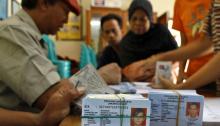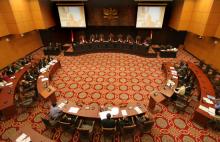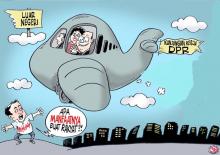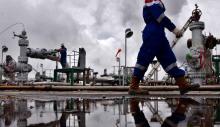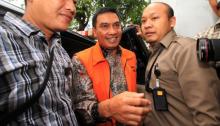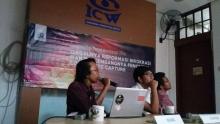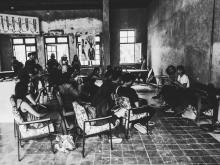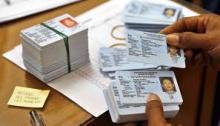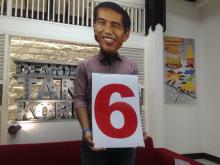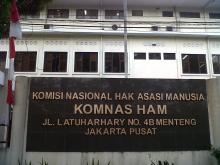The major corruption case regarding the procurement of the Electronic Identity Card (e-ID/e-KTP) has entered a new phase. Having determined two suspects, Director of Population Administration Information Management Sugiharto, in April 2014, and former Director General of Population and Civil Registration of the Ministry of Home Affairs, Irman, in September 2016, the case of the Rp 5.9 trillion worth project would begin the session on 9 March 2017.
The credibility of the Constitutional Court (MK) has now reached a new low. With the bribery case involving Judge Patrialis Akbar being processed now, the Court is again in the limelight regarding the issue of integrity and commitment against corruption.
Once again, DPR members wasted public funds. This time, the special committee on the Simultaneous Election Bill (Election Bill Special Committee), is conducting a working visit to Germany and Mexico on 11 to 16 March. Germany has been selected as an example of the use of e-voting, while Mexico has a special judicial body dealing with election issues.
Rogue corporations can now no longer be complacent. At the end of 2016, the Supreme Court issued Supreme Court Regulation (Perma) No. 13 of 2016 regarding the procedure for the handling of criminal offenses by corporations that will serve as a guideline for law enforcement in responding to corporate crime.
The 100 percent conviction rate of the Corruption Eradication Commission (KPK) in prosecuting corruption cases is about to be broken. The District Corruption Court of Pekanbaru has acquitted Suparman, the regent of Rokan Hulu. The panel of judges believed that Suparman has not been proven to receive money or gifts from the other suspect, the former governor of Riau, Annas Maamun.
Indonesia Corruption Watch (ICW) just launched the 2016 corruption cases handling trends. ICW found 482 corruption cases have been handled by the law enforcement, including the Prosecutor’s Office, Police as well as the Corruption Eradication Commission during 2016. From the 482 cases, as many as 1,101 suspects have been named, with the amount of state losses of Rp. 1.45 trillion, and the amount of bribes of Rp 31 billion.
Regeneration and individual capacity building are two important issues in ICW. It can be said that ICW’s ranks is filled by young activists; among them are the activists in the Public Fundraising Division, which is ICW’s backbone for the public donation program, as well as the campaign center for anti-corruption awareness raising. This division also initiates various merchandise used as medium for campaign and socialization, and at the same time raises public awareness in supporting the anti-corruption movement through the public donation program.
WEEKLY SUMMARY
-
Traces of Electronic ID corruption www.antikorupsi.org/ZXU
-
Opinion: Anti-Corruption universities www.antikorupsi.org/ZXf
-
Proven to have violated Code of Ethic, Chief of BPK demanded to resign www.antikorupsi.org/ZXp
There are six important notes from ICW evaluation on the two years of Jokowi-JK cabinet, namely (1) performance of corruption case actions; (2) reform agenda in the Prosecutor’s Office and Police; (3) policy related to eradication of corruptions; (4) support on the Corruption Eradication Commission; (5) statement of corruption eradication from Jokowi-JK; and (6) implementation of Nawacita program in corruption eradication.
National Commission of Human Rights (Komnas HAM) as a the most reliable quasi-state institution in enforcing human rights in Indonesia is riddled with various problems, starting from public distrusts to the allegation of corruptions by its commissioners. Is there corruption in Komnas HAM?


